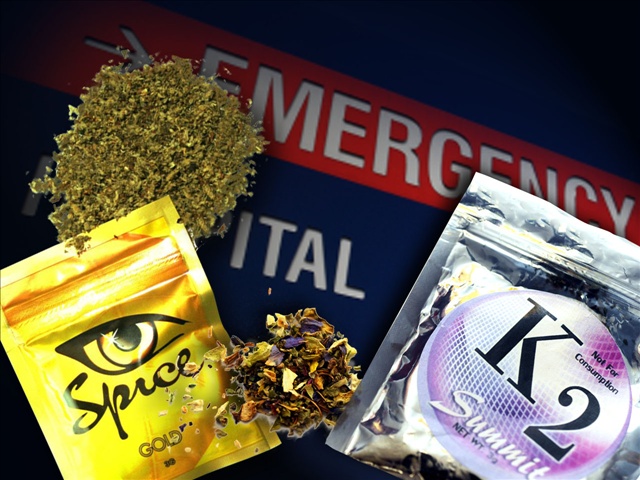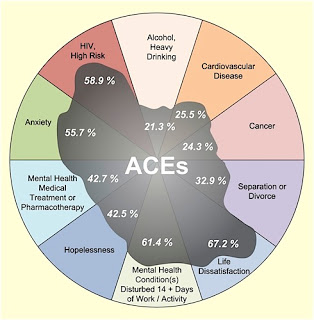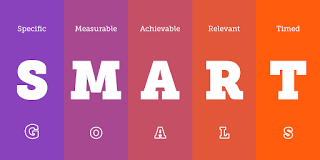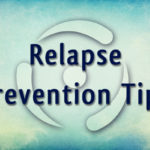
By Randy Moraaitis
If you have never been to a 12 step meeting, then you probably have no idea what the 12 steps are all about, other than perhaps associating the steps with addicts. Following is a very brief overview of the 12 steps to help spread awareness.
The 12 steps are a set of guiding or spiritual principles originally designed to help those struggling with alcoholism. The steps have proven to be a very effective tool for many people struggling with, not only alcoholism, but addictions and compulsions of many varieties including drugs, food and pornography.
The following are the original twelve steps as published by Alcoholics Anonymous:
1. We admitted we were powerless over alcohol—that our lives had become unmanageable.
2. Came to believe that a Power greater than ourselves could restore us to sanity.
3. Made a decision to turn our will and our lives over to the care of God as we understood Him.
4. Made a searching and fearless moral inventory of ourselves.
5. Admitted to God, to ourselves, and to another human being the exact nature of our wrongs.
6. Were entirely ready to have God remove all these defects of character.
7. Humbly asked Him to remove our shortcomings.
8. Made a list of all persons we had harmed, and became willing to make amends to them all.
9. Made direct amends to such people wherever possible, except when to do so would injure them or others.
10. Continued to take personal inventory, and when we were wrong, promptly admitted it.
11. Sought through prayer and meditation to improve our conscious contact with God as we understood Him, praying only for knowledge of His will for us and the power to carry that out.
12. Having had a spiritual awakening as the result of these steps, we tried to carry this message to alcoholics, and to practice these principles in all our affairs.
A great benefit of the steps is that those who sincerely work through the 12 steps can live healthier and more honest lives than those who do not. There are numerous types of 12 step groups and meetings where one can find the steps being put into practice including:
- AA—Alcoholics Anonymous
- NA—Narcotics Anonymous
- CA—Cocaine Anonymous
- MA—Marijuana Anonymous
- SA—Sexaholics Anonymous
- OA—Overeaters Anonymous
- CoDa—Codependents Anonymous
- Al-Anon—for friends and family of addicts
12 step groups are a great source of free therapy. If someone cannot afford traditional therapy or counseling, they just might find a lot of healing in a 12 step group related to their struggles.
There are many variances between 12 step groups, so if you try one that is not a good fit, don’t give up—try another one. A simple Google search will lead to meeting schedules and descriptions.
Bottom line—the 12 steps are a great tool for healing, so if you’re new to the steps read through them a few times and see how they could grow you—even if you’re not an addict.
I would love to hear your thoughts on this topic. For more info, or for help finding a meeting, please contact me at randy@randymoraitis.com.
Websites: www.carepossible.org and www.randymoraitis.com.













Leave a Reply
Want to join the discussion?Feel free to contribute!